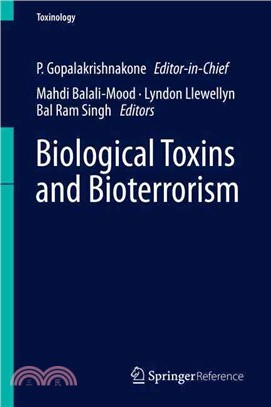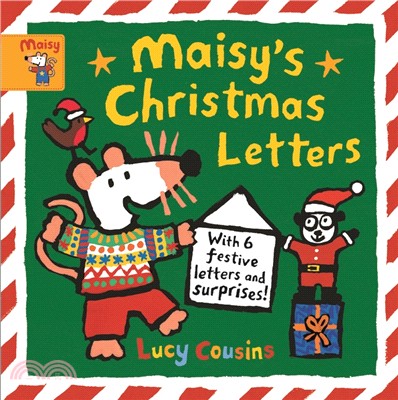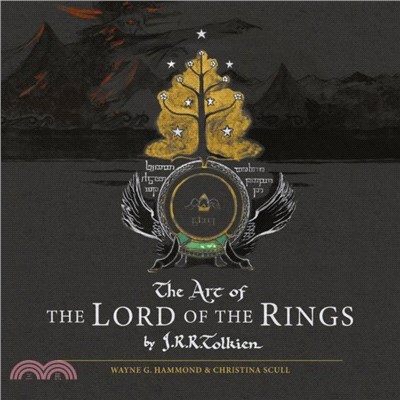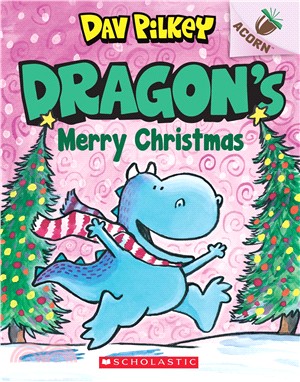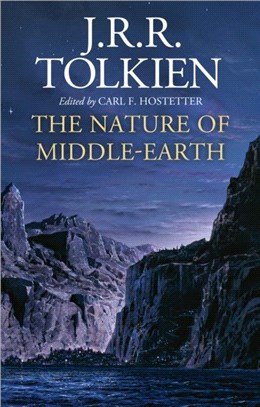Handbook of Toxinology ― Biological Toxins and Bioterrorism
商品資訊
系列名:Handbook of Toxinology
ISBN13:9789400758681
出版社:Springer Verlag
作者:P. Gopalakrishnakone (EDT)
出版日:2014/09/30
裝訂/頁數:精裝/500頁
商品簡介
作者簡介
Prof P. Gopalakrishnakone is a world leader in the characterization of the structure and function of animal and plant toxins and chemical poisons, which contain highly specific and biologically active components. He has contributed significantly to the body of knowledge regarding the anatomy of snake venom glands and the development of drug candidates from animal toxins. Prof Gopal pioneered the development of the NUS Venom and Toxin Research Programme, which has put NUS at the forefront of toxin research internationally. The technology platform that has been built over the years under the Venom and Toxin Research Programme, coupled with its extensive library of protein and peptides, has enabled Prof Gopal and his team to complete the discovery process of lead candidates in time and to transfer valuable supplementary information to the next discovery steps involving profiling and optimization of lead candidates. The objective is to characterize the venom components and natural toxins at a molecular level and identify promising compounds amenable to the development of novel human therapeutics. Prof Gopal’s lab has identified over twenty peptides with unique medical indications from venom-based proteins with some already under development as therapeutics. His research studies includes structure function studies (toxin detection, biosensors, antitoxins and neutralization factors), toxicogenomics and expression studies, antimicrobial peptides from venoms and toxins and PLA2 inhibitors as potential drug candidate for inflammatory diseases. The techniques he employs include quantum dots to toxinology, computational biology, microarrays and protein chips. He has patented analgesic peptide, anti inflammatory peptide as well as anti rheumatoid arthritis peptides. He is exploring various possibilities of delivery systems for these peptides to target sites and administration of these peptides orally, transdermally, ocular and injections. Prof Gopal has over 100 international peer-reviewed papers in venom and toxin research, drug discovery, biosensors, and toxinogenomics. His research awards include the Outstanding University Researcher Award from the National University of Singapore (1998); Ministerial Citation, NSTB Year 2000 Award in Singapore; and the Research Excellence Award from the Faculty of Medicine, National University of Singapore (2003). His awards in teaching include, Faculty Teaching Excellence Award 2003/4 & NUS Annual Teaching Excellence Award 2003/4. He also received the Faculty Teaching Excellence Award in 2009/10 and the Annual Teaching Excellence Award, NUS FOR 2009/10. He is the President of International Society on Toxinology till 2012, and is a member of the editorial board of Toxicon, the official journal of the International Society on Toxinology.
Mahdi Balali-Mood was a lecturer in clinical pharmacology and toxicology at Edinburgh University, UK, 1981-1982. He returned home during the Iraq-Iran war to assist the chemical casualties. He was promoted to associate professor in 1984 and full professor of Mashhad University in 1988. His other positions are as follows: founding member and president, Iranian Society of Toxicology (1989-2001), Asia-Pacific Association of Medical Toxicology (1994-2001), clinical toxicology adviser to WHO (1989 to date); member of many national and International organizations including Iranian Academy of Medical Sciences (1991 to date), World Academy of Sciences (1997 to date), Scientific Advisory Board and the working groups of Organization for Prohibition of Chemical Weapons (2004 to date); editor-in-chief, Scientific Journal of Birjand University of Medical Sciences (2002 to date); associate editor, Emerging Health Threats Journal, Forum of Emerging Health Threats, London, 2006 to 2012.
Bal Ram Singh, a former professor of biophysical chemistry and Henry Dreyfus Teacher-Scholar at University of Massachusetts Dartmouth, United States, and currently a pr
主題書展
更多書展今日66折
您曾經瀏覽過的商品
購物須知
外文書商品之書封,為出版社提供之樣本。實際出貨商品,以出版社所提供之現有版本為主。部份書籍,因出版社供應狀況特殊,匯率將依實際狀況做調整。
無庫存之商品,在您完成訂單程序之後,將以空運的方式為你下單調貨。為了縮短等待的時間,建議您將外文書與其他商品分開下單,以獲得最快的取貨速度,平均調貨時間為1~2個月。
為了保護您的權益,「三民網路書店」提供會員七日商品鑑賞期(收到商品為起始日)。
若要辦理退貨,請在商品鑑賞期內寄回,且商品必須是全新狀態與完整包裝(商品、附件、發票、隨貨贈品等)否則恕不接受退貨。



